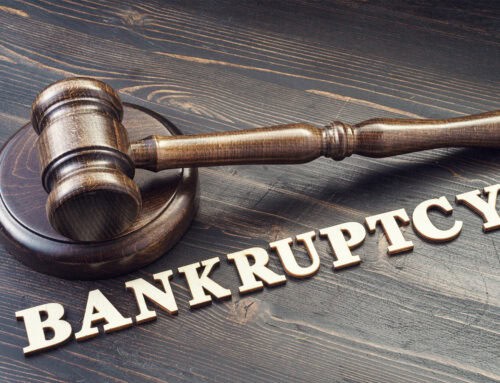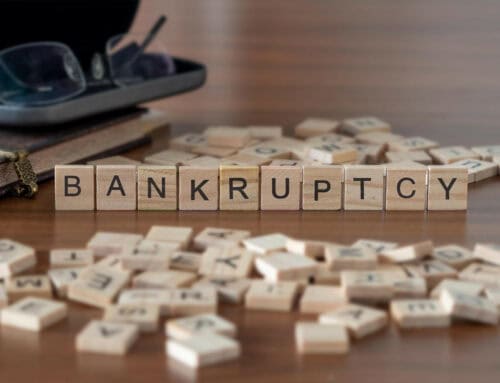Bankruptcy Is a Game Changer With Executory Contracts
Business people take great care with all legal papers and contracts they sign. For example, anyone who leases construction equipment or office space may include a clause in the contract that prohibits the assignment of the lease to a third party. Even if carefully crafted, however, these prudent steps may go out the window if the other party files for bankruptcy. The federal bankruptcy court then takes over, and the well-thought-out contract comes under the restrictions of the bankruptcy code.
Understanding an Executory Contract
As with all contracts, both parties in an executory contract promise to carry out a legal obligation. If either fails to comply, a breach of contract occurs. The contract is considered an executory contract when all parties still have significant duties to fulfill under the terms of the agreement.
A transportation company, for instance, may sign a three-year lease with a bus dealership to use a motorcoach for a designated monthly payment. After one year, the lease agreement is still an executory contract because the dealership must furnish the motorcoach for two more years, and the transportation company has to continue monthly payments for that time.
It is important to note that both sides must have obligations to complete for a contract to be considered executory. A furniture store and a customer might sign a contract where the store promises to deliver a new sofa to the customer’s home, and the customer agrees to make 12 monthly payments. Once the sofa is dropped off, and the customer accepts delivery, the furniture store has fulfilled its contractual obligation. This document is no longer an executory contract even if the customer still has to make 11 more payments.
Realizing the Significance of Executory Contracts in Bankruptcy Cases
When an individual or business files for bankruptcy, certain procedures immediately go into effect. The bankruptcy codes attempt to balance the needs of the debtor for financial relief and the rights of the creditors to receive what they are owed.
Bankruptcy Process
To this end, the court appoints a trustee to oversee the bankruptcy estate, which consists of the petitioner’s allowable assets for division among the creditors. Executory contracts signed before the bankruptcy petition become part of this estate. Since unexpired executory contracts may have some financial worth, such as the remaining time in an advantageous lease, the trustee may want to sell the debtor’s rights in the contract to increase the bankruptcy estate. If the bankruptcy was filed under Chapter 11, the debtor-in-possession is authorized under the bankruptcy code to assume or reject any executory contract.
Rights of the Bankruptcy Trustee or Debtor
Once the petition for bankruptcy is filed, the bankruptcy trustee or debtor-in-possession can take one of these actions:
- Assume the contract by paying any financial defaults and offering satisfactory assurance that the contract terms will be carried out in the future.
- Assume the contract, pay the defaults, and assign or sell the contract to a third party who has to show the ability to comply with the contract terms.
- Reject the contract, which means the trustee or debtor refuses to carry out the obligations under the contract.
The bankruptcy code overrides any clauses in the executory contract that prohibit contract rejection or third-party assignments.
Comprehending the Importance of Time Limits
Procedures under federal bankruptcy have strict time limits, and it is vital for the non-debtor counterparty to stay on top of the proceedings and meet all deadlines for legal filings.
- In a Chapter 7 bankruptcy, the trustee must assume the contract within 60 days, or it is automatically rejected.
- In Chapter 11 filings, the debtor has until the reorganization plan approval to assume the contract. However, the counterparty can petition the court to order the debtor to decide whether to assume or reject the contract.
- If the trustee or debtor rejects the contract, the bankruptcy court sets a short timeline for the counterparty to file a rejection damage proof of claim. Once this deadline expires, the opportunity to submit a claim disappears.
Obtaining Knowledgeable Help
If you have an executory contract that is part of a bankruptcy proceeding, seek expert legal advice as soon as possible. The Law Offices of Brent D. George stand ready to help with a free consultation.
Disclaimer: This article is intended for informational purposes only and does not constitute legal advice. For personalized assistance, please contact our office at (805)494-8400.






